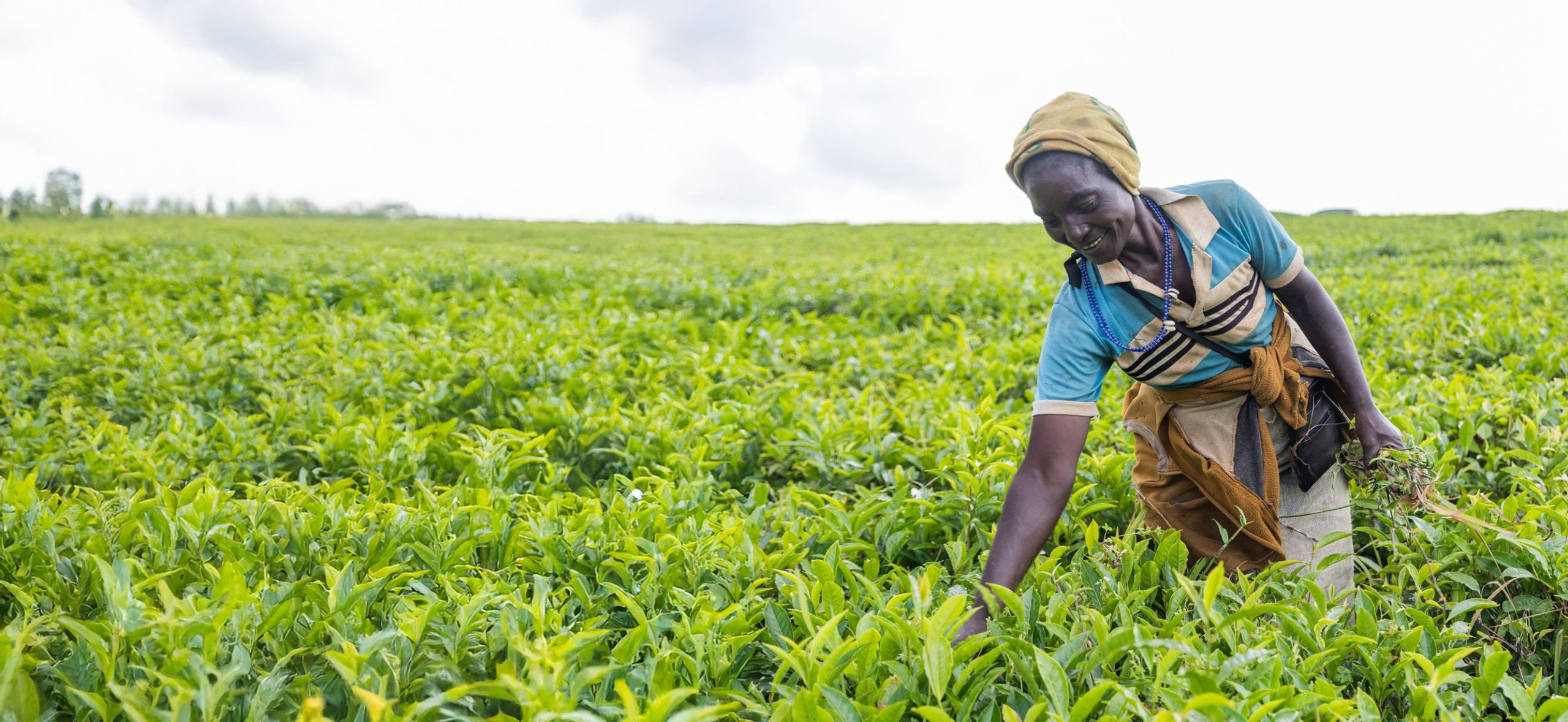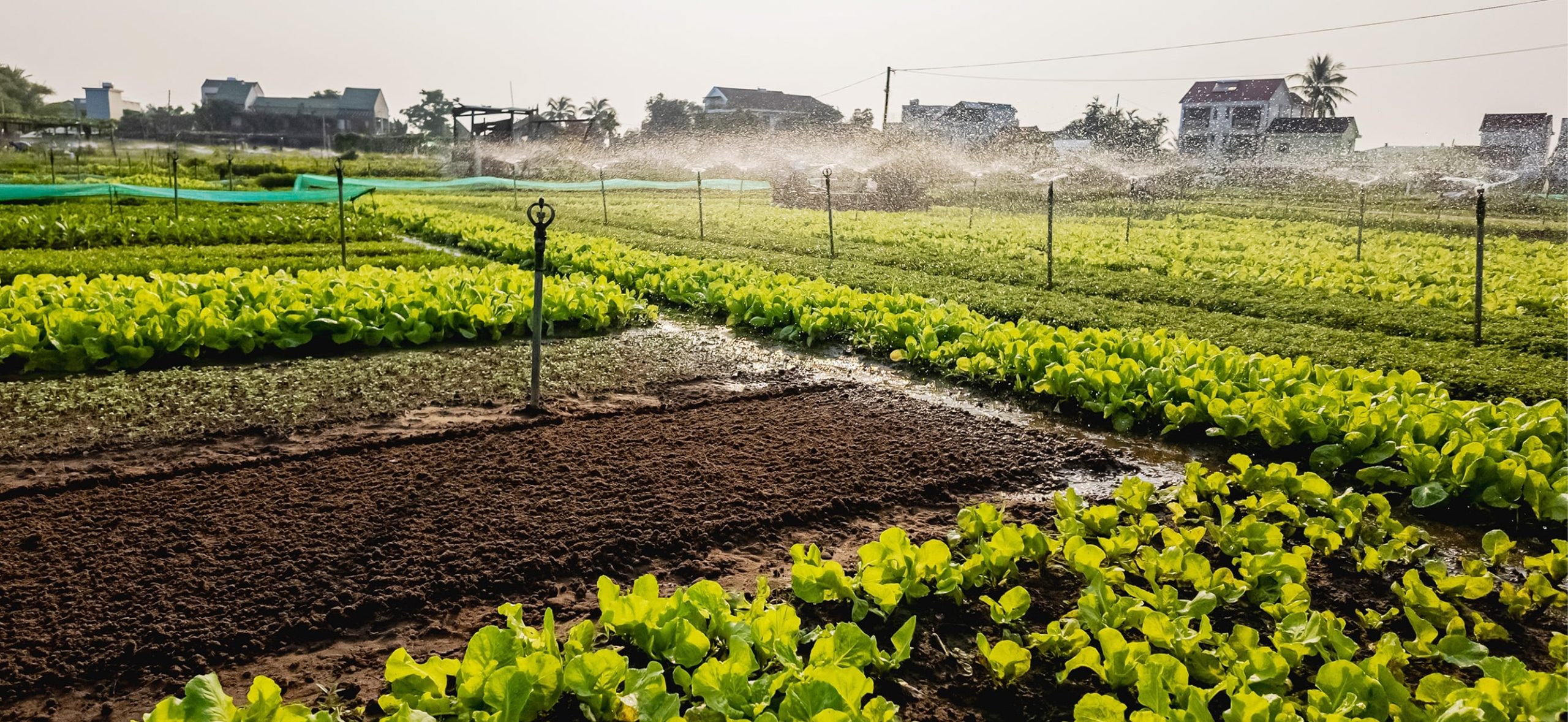
Local governments in Uganda face increasing risks from climate change, environmental degradation, economic disruptions, health pandemics, and natural disasters. However, many local government managers and leaders lack the knowledge and tools needed to integrate climate change adaptation, disaster risk management, and resilience-building strategies effectively into their development plans and budgets. This knowledge gap weakens local governments’ ability to protect vulnerable communities and mitigate risks.
MSC developed a climate risk management training course for local government officials in Uganda. We conducted a training needs assessment with local government officials to assess their capacity gaps. We designed a comprehensive climate risk management training based on our findings and secondary research. The training covered skills, such as governance, risk identification, planning, implementation, and monitoring and evaluation (M&E). The modules applied these skills to technical topics, such as natural resource management, urban planning, and disaster risk management. We tested the training with key stakeholders and incorporated their feedback to refine the final module.
The training and capacity building of government leaders helped raise awareness of climate risks and ways to mainstream locally-led adaptation approaches within local governance structures and processes. It also provided them with practical insights, tools, and checklists that focused on resilience-building measures tailored to the needs of Uganda’s vulnerable communities.
The UNDP commissioned the project on behalf of the Ministry of Local Government, Uganda.

Low-income households in Kenya and Mozambique are highly vulnerable to the impacts of climate change, which include increased droughts, floods, and storms. However, the financial systems in these regions are not fully equipped to enable these households to adapt to these climate risks.
MSC sought to understand how inclusive financial services and adaptation finance can enable climate adaptation and resilience for Kenya and Mozambique’s vulnerable populations. We conducted a study to analyze the needs and aspirations that drive livelihood transitions and identify the underlying financial needs. Based on this study, we identified barriers, opportunities, and strategies to strengthen climate finance systems, which can support climate adaptation for low-income households that face increased climate risks.
MSC conducted the project in three phases:
- Phase I: Preliminary research
We analyzed existing literature on climate hazards, risks, and Kenya and Mozambique’s key development programs and policies. This helped us identify key household segments and livelihood pathways.
- Phase II: Data collection and stakeholder engagement
We conducted a demand-side analysis to understand the adaptation strategies, needs, and financial services that smallholder farmers, women, and other vulnerable groups use. Our supply-side analysis mapped the existing financial services ecosystem and assessed the role of formal and informal financial services in climate resilience.
- Phase III: Synthesis and reporting
We developed practical insights and recommendations to inform future strategies to build an inclusive climate finance system.
MSC’s research uncovered financial barriers to climate adaptation and provided practical recommendations to enhance adaptation finance. The study identified policy and programmatic recommendations based on respective country priorities. We also designed a replicable research framework and taxonomy to enable other countries to analyze sustainable climate finance strategies.
We conducted this project in partnership with ISF Advisors for FSD Kenya.

The particularly vulnerable tribal groups (PVTGs) comprise 75 of India’s most marginalized communities among more than 700 scheduled tribes. These communities depend on forest-based livelihoods, rainfed agriculture, and manual labor to survive. They are highly susceptible to climate change’s effects, such as erratic rainfall, extended dry spells, and extreme weather events.
MSC developed a locally-led adaptation (LLA) toolkit to enhance climate resilience and strengthen PVTGs’ community adaptation planning. The toolkit assessed the vulnerabilities of local communities to the impacts of climate hazards specific to their region. We implemented the toolkit through workshops with the PVTGs in Odisha, Jharkhand, and Rajasthan.
MSC worked to integrate CAP insights into the gram panchayat development plans to ensure local planning processes embed climate adaptation measures. We also facilitated partnerships with civil society organizations in the gram panchayats to incorporate the community adaptation plans into existing programs and initiatives that seek to enhance climate resilience. We collaborated with financial service providers to help develop customized financial products for vulnerable communities.
This led to a research report that we submitted to the IDH. It highlighted the communities’ climate vulnerabilities, resilience strategies, and adaptation options.

India intends to achieve 30% electric vehicle (EV) penetration by 2030. However, as of 2022, EV sales accounted for only 4.98% of total vehicle registrations in the country. The growth of electric two- and three-wheelers, which made up more than 95% of total EV sales in 2022, is crucial to reach this target. Yet, the high upfront cost of these vehicles compared to their internal combustion engine (ICE) counterparts and the lack of affordable financing instruments pose significant challenges.
The World Bank and the NITI Aayog launched the EVOLVE Risk-Sharing Program (EVOLVE-RSP) to address this financial gap in climate finance. The program intends to scale up the adoption of electric two- and three-wheelers to mitigate up to 9.5 million tons of CO₂ emissions over the vehicles’ lifetime and contribute to India’s clean energy transition. The USD 250-million initiative provides low-cost loans and credit guarantees to financial institutions to stimulate private-sector financing for EV adoption.
MSC designed the facility’s structure and onboarded stakeholders. We undertook the following tasks:
- We validated the risks associated with financing electric two- and three-wheelers, assessed de-risking measures, computed expected credit losses, and finalized the terms of the low-cost loan and credit guarantee facility;
- We developed selection criteria, credit models, and due diligence checklists for various borrower segments, which included individual drivers, fleet operators, and leasing companies;
- We designed the criteria to identify and onboard financial institutions and EV manufacturers that participated in the program.
The EVOLVE-RSP is projected to unlock financing for 8 million electric two- and three-wheelers over the next eight to 10 years. The USD 250-million fund is expected to catalyze up to USD 1.83 billion in loans from banks and nonbanking financial institutions.
As part of this engagement, MSC also published a blog on the design of innovative financial structures to finance energy transition in the e-mobility sector. In it, we emphasized the need for a viable blended finance facility (BFF) business model and stronger government-multilateral collaboration.
The Small Industries Development Bank of India (SIDBI) commissioned this project.

Climate change has a drastic impact on agriculture worldwide. Extreme weather, heat stress, and pests reduce crop yields and increase costs. Climate-smart agriculture (CSA) offers a sustainable solution as it integrates resource-efficient technologies with resilience strategies. The Indian government and institutions, such as the Indian Council of Agricultural Research (ICAR), the National Bank for Agricultural and Rural Development (NABARD), and the International Rice Research Institute (IRRI), promote CSA. Yet, adoption remains slow due to financial and ecosystem barriers.
Microfinance institutions (MFIs) can play a crucial role in financing CSA adoption with their extensive networks. However, limited awareness, a lack of tailored financial products, and perceived risks hinder MFI investments in CSA. The AGRI3 Fund, IDH, and HSBC India recognized this issue and launched a USD 50-million MFI lending program to support CSA financing, which included partial guarantees. This partnership seeks to help MFIs integrate CSA financing into their portfolios and create a path for smallholder farmers to build climate resilience and maintain agricultural productivity.
As part of this initiative, AGRI3 commissioned MSC to conduct a CSA financing opportunity analysis to help integrate CSA financing into MFIs’ portfolios. MSC conducted a comprehensive landscape study of CSA practices, identified key barriers and enablers for MFI clients’ adoption of CSA practices, assessed financing opportunities, and provided strategic recommendations to help MFIs scale CSA adoption. We undertook the following tasks:
- CSA landscape assessment: We reviewed 100 CSA practices and identified 12 priority solutions, which included drip irrigation, solar pumps, no-till farming, and biodigesters. We identified the priority solutions based on productivity, climate adaptation, and economic feasibility.
- Qualitative demand assessment: We conducted field studies in Bihar, Tamil Nadu, and Uttar Pradesh to understand barriers and enablers to CSA adoption.
- CSA financing opportunities identification: We assessed how MFIs can develop customized financial products to support capital investments in technologies, such as seed drills, solar-powered irrigation, and livestock infrastructure, and provide working capital for sustainable practices, such as bio-input centers, agroforestry, and crop loans.
- MFI readiness and capacity assessment: We evaluated MFIs’ lending structures, internal processes, staff capabilities, and IT systems to determine their ability to finance CSA effectively.
This study helped initiate discussions with five MFIs on the launch of CSA financing and the development of tailored financial products to support climate-smart agriculture. Additionally, it influenced policy and investment decisions and helped create financial solutions that address both the demand and supply sides of CSA technology adoption.
AGRI3 Fund and IDH India commissioned this project.

Inclusive climate finance, climate adaptation, financial instruments
Southwestern Bangladesh is exposed to tropical cyclones and storm surges, which increase the salinity of soil and groundwater. The direct and indirect impact of cyclones and associated perils on the lives and livelihoods of poor and vulnerable communities, both rural and urban, is not well understood. We do not understand how these vulnerable communities adapt to the increased intensity and frequency of these events. We also have a limited understanding of financial services’ role in informing the adaptation strategies of these people and ways to strengthen this role.
The project sought to understand the following:
- The direct and indirect impacts of cyclones and their associated perils on the lives and livelihoods of the affected communities in southwestern Bangladesh.
- Adaptation strategies of these poor and vulnerable households and the role of financial services in those strategies.
- Pathways to enhance the role of financial services in the adaptation strategies and strengthen the resilience of these communities against climate change.
Based on the study insights, CGAP conducted a consultative workshop in Dhaka. The workshop brought together experts from the inclusive finance and climate adaptation sectors to discuss financial instruments and solutions for climate risks.
CGAP commissioned MSC to conduct this study.





